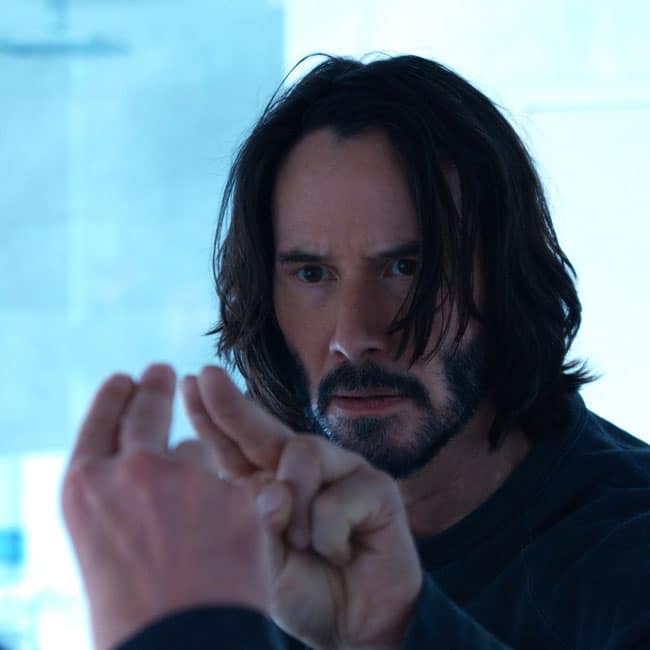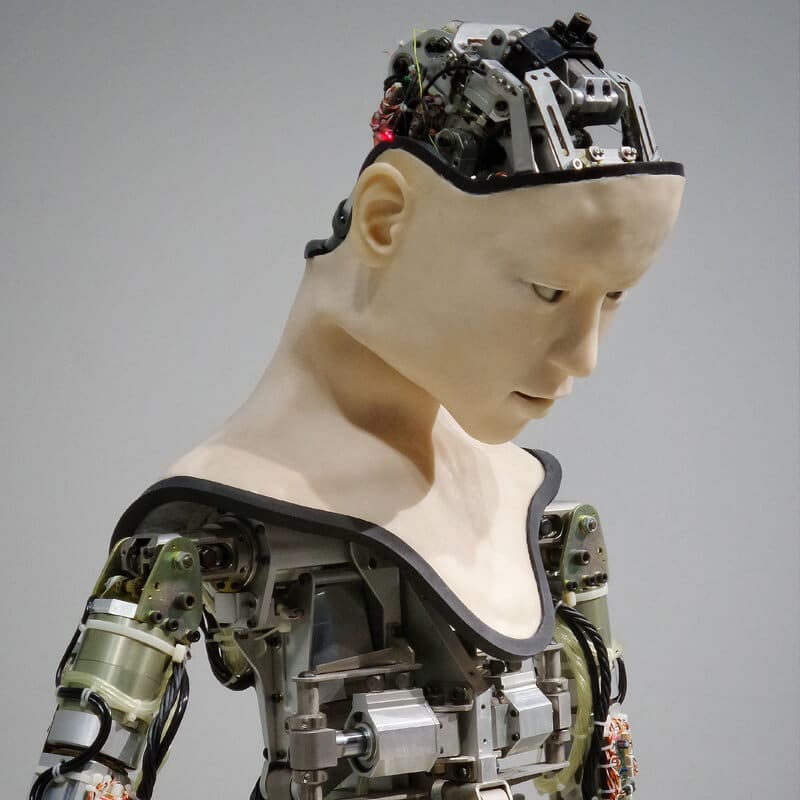
Meet Eleanor, our new philosopher in residence
Opinion + AnalysisRelationshipsSociety + Culture
BY The Ethics Centre 23 SEP 2020
At TEC, we firmly believe ethics is a team sport. It’s a conversation about how we should act, live, treat others and be treated in return.
That means we need a range of people participating in the conversation. That’s why last year, we asked for funding support to bring another philosopher into our team. Thanks to our donors, we are excited to share that we have recently appointed Eleanor Gordon-Smith as a Fellow. Already established as one of Australia’s leading young thinkers, Eleanor is a published author, broadcaster and in demand speaker. She’s also currently reading for her PHD at Princeton University. To welcome her on board and introduce her to you, our community, we sat down for a brief get-to-know-you chat with her.
Tell us, what attracted you to becoming a philosopher?
I remember sitting in my first philosophy class and feeling like this was what thinking should really be like. I left knowing less than I thought I did when I arrived – all my other classes were about the legislative agenda around human rights and my philosophy class said wait, what’s a right and what counts as human? I loved the ability to ask those questions and from that day on it’s always felt like that’s where the real action is: the deep questions that we too easily take for granted.
Do you specialise in a key area or areas?
I cross-specialise in ethics, language, and epistemology [the study of knowledge]. In all three areas I am interested in the powers we can only have because we are social creatures. I work on moral powers that we can only exercise in social settings – such as consent, and promise – how linguistic meaning can be constructed and destroyed by social relationships, and how being embedded in societies can facilitate or disrupt our processes of gaining knowledge. The uniting theme across my work is that we depend on each other for many of our most important abilities and powers, such as speaking, learning, or coming up with moral frameworks, and yet a lot of the time other people are very bad. So what are we to do, if we rely on each other for our most foundational abilities but frequently “each other” is the source of our problems? So far I only have the question. But that’s where all good philosophy starts…
Sounds like a phenomenal place to start. Now let’s have a fan-girl moment. Who is your favourite philosopher?
There are too many to name but Rae Langton, who spent a lot of time in Australia, is a huge inspiration for me, and I like to think about how to precissify Robert Adams’ remark which seems to me to get to the heart of moral philosophy: “we ought, in general, to be treated better than we deserve”.
Let’s jump over to COVID and restrictions, the impact these are having on our lives, our interactions, how we work and so on. What do you hope we learn or gain from this experience?
Truthfully I think the most we can hope for is a greater appreciation for the profound fragility of the things that normally keep us functioning. Our friendships, entertainment, ways of being in the world, all so easily threatened by simply not being able to leave the house very much. I have found that very humbling, and very difficult. I hope also we can learn to be a little more compassionate with ourselves about the fact that we are all creatures who need to live and will one day die. Before Covid, it was very easy to see each other and ourselves as our jobs, or athletic achievements, or how we’re measuring up to a set of criteria about how our lives “should” be going. Seeing everybody’s houses and children and needs via Zoom will I hope let us be compassionate about the fact that we all have them, and there’s no shame in taking care of them.
We’ve all had a guilty pleasure of sorts during the pandemic. Can you share with us yours?
I bought a robot vacuum cleaner and I like to follow him around and tell him he’s missed a spot.
Amazing. Let’s get to know you better. What is a standard day in your life?
I read a lot, work on [podcast] episode plans, put several thousand post-it notes on the wall – each one a piece of tape from an interview, a fact, a piece of theory, a well-phrased, or a scene – and rearrange them until I can see a story unfolding alongside a philosophical idea. I read philosophy, listen to a lot of radio and podcasts because there are so many clever people in that sphere whose work I admire, and try to stop by 9pm. Although if I’m honest, that’s rare these days.
You wrote a book – what is it about?
Stop Being Reasonable. It’s a series of true stories about how we change our minds in high-stakes moments and how rarely that measures up to our ideal of rationality. Each chapter features interviews I conducted with someone about a moment in their life that they changed their mind in a really drastic way: a man who left a cult, a woman who questioned her own memory of being abused, a man who changed his mind about his entire personality after appearing on reality TV, someone who learned their family wasn’t really their family, and so on. Each story highlights a sometimes-maligned strategy for reasoning that many of us turn out to use all the time, especially when it really matters: believing other people, trusting our gut, thinking emotionally, and so on. The book is a plea for a more capacious ideal of rationality, such that these things ‘count’ as rational thinking as well as the emotionless first-principles reasoning we usually associate with that term.
Let’s finish up close to home. What does ethics mean to you?
People sometimes think ethical thinking promises a set of answers. It might, but I think it’s much more about learning to ask a different set of questions. So many of our disagreements and deepest divisions are built on argumentative frameworks that we almost never dredge to the surface and examine. We take things for granted about what matters, why, how to measure it, and what follows from the fact that those things matter. Learning to think ethically is about examining those things – about realising which systems of value we subscribe to by accident, and trying to make our value systems more deliberate.
Ethics in your inbox.
Get the latest inspiration, intelligence, events & more.
By signing up you agree to our privacy policy
You might be interested in…
Explainer
Health + Wellbeing, Relationships
Ethics Explainer: Values
Opinion + Analysis
Politics + Human Rights, Society + Culture
On truth, controversy and the profession of journalism
Opinion + Analysis
Relationships, Society + Culture
Nothing But A Brain: The Philosophy Of The Matrix: Resurrections
Explainer
Relationships, Science + Technology




